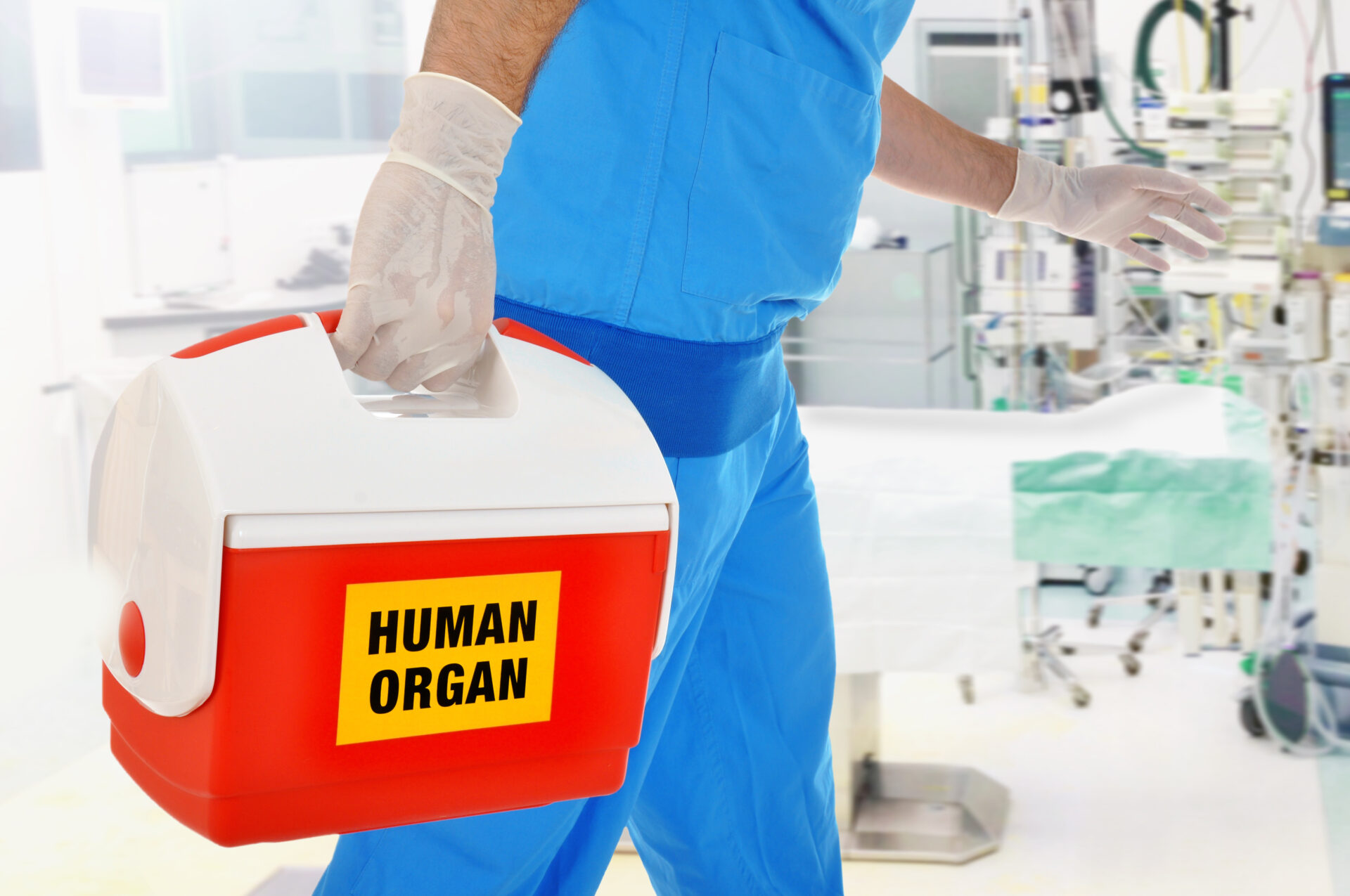Verici DX signs global licensing and commercialisation agreement with Thermo Fisher Scientific
Verici Dx, a developer of advanced clinical diagnostics for organ transplant, has signed an exclusive global licensing agreement with Thermo Fisher Scientific to further develop an assay for pre-transplant prognostic testing for risk of early kidney rejection.
The license grants Thermo Fisher the rights to develop and offer an assay for pre-transplant risk assessment as a Laboratory Developed Test (LDT) in its CLIA laboratory in the U.S., as well as worldwide rights.
The aim is to develop a test that can risk stratify patients based on their likely immune response to a transplanted kidney and, as a result, enable clinicians to make more informed decisions about post-transplant and immunosuppressive management.
Commenting on the agreement, Sara Barrington, CEO of Verici Dx, said: “We re incredibly proud of our advancements in transforming potential outcomes for kidney transplant patients. By collaborating with Thermo Fisher, we believe we can accelerate the development of our technology, helping ensure that it reaches those who need it the most.”
Nicole Brockway, president, Transplant Diagnostics, Thermo Fisher Scientific, said: “There is a significant need for effective tests that can identify the risk of transplant rejection early to help inform treatment decisions. Our hope is that this licensing agreement will allow us to develop a new prognostic assay that will expand and strengthen our portfolio of transplant testing solutions, demonstrating our commitment to enabling clinicians and improving the lives of patients throughout the pre- and post-transplant journey.”
Verici Dx is a developer of a complementary suite of leading-edge tests forming a kidney transplant platform for personalised patient and organ response risk to assist clinicians in medical management for improved patient outcomes. The underlying technology is based upon artificial intelligence-assisted transcriptomic analysis to provide RNA signatures focused upon the immune response and other biological pathway signals critical for transplant prognosis of risk of injury, rejection and graft failure from pre-transplant to late stage.





